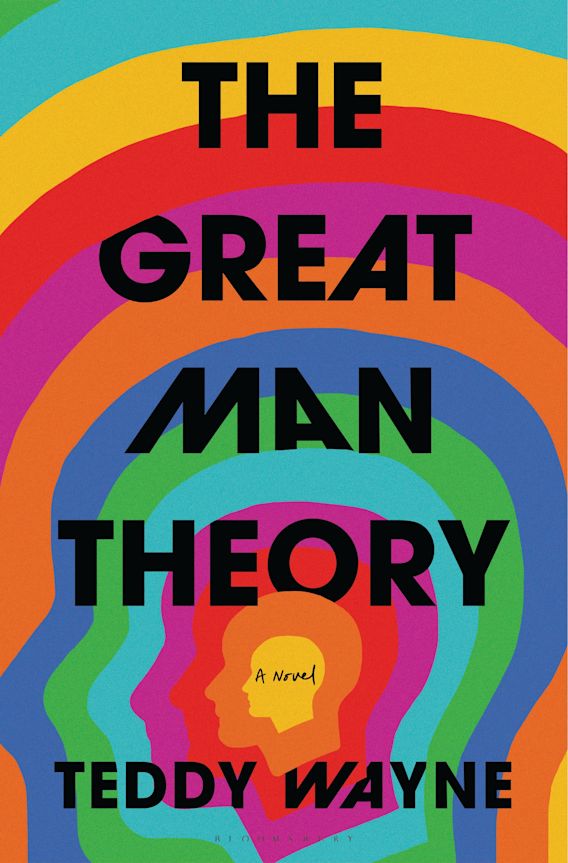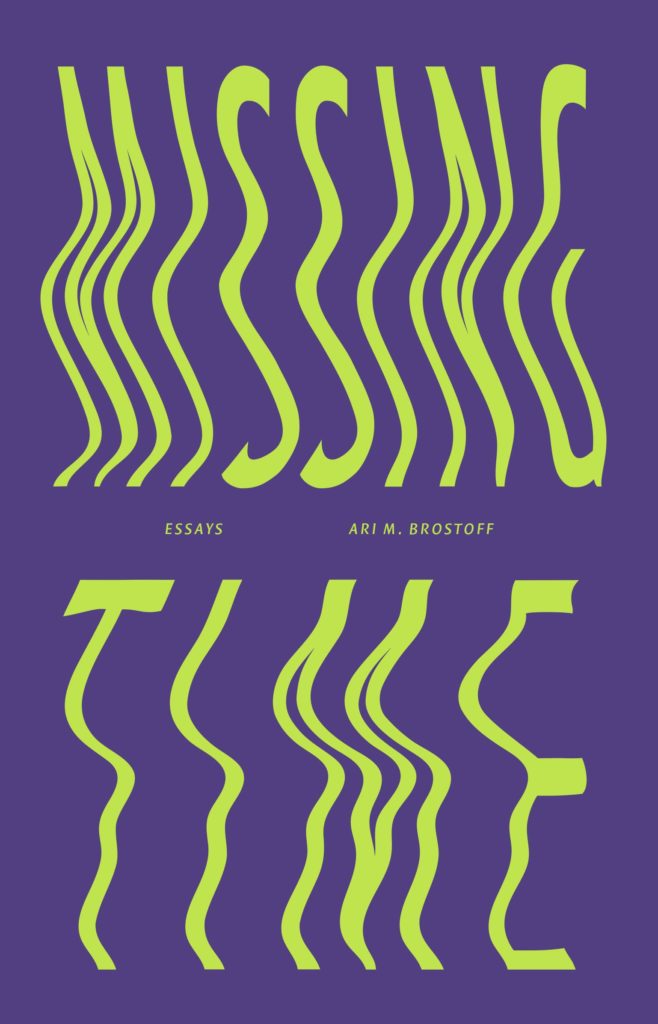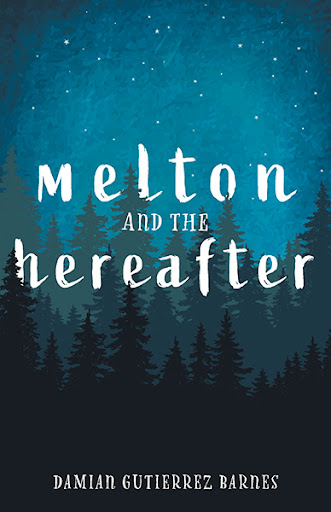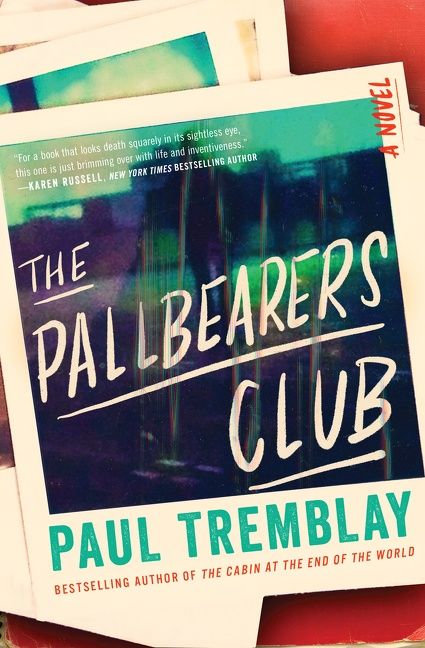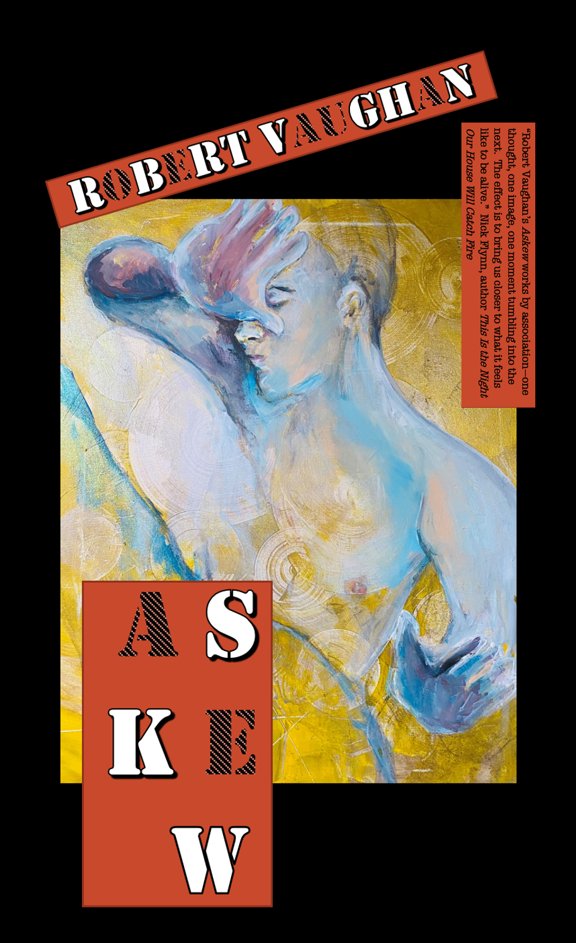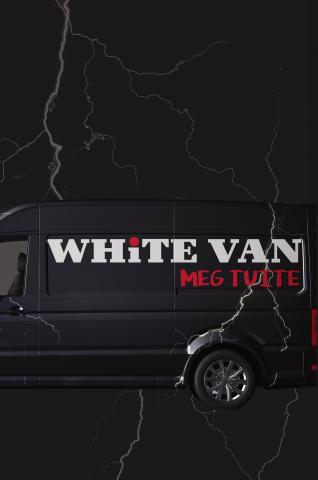
Meg Tuite’s latest collection, White Van, has foreboding, danger, and violence from cover to cover. Even the haunting cover with lightning striking a black van, defies our expectations and turns things upside down. Tuite’s collection is a series of poetic prose entries; some of the sections seem straight micro-fiction, while others appear more like poems. They defy easy categorization, just like Meg Tuite. What draws each one together is the brutal energy of a world of serial killers, pedophiles, pornographers, kidnappers, suicides, prostitutes, and loners. Tuite’s dystopian landscape is one I remember well from my Brooklyn of the 1980s. Each kid on the block was told to watch out for the infamous white van because you didn’t know what would happen if they grabbed you and threw you in there. Did it mean death? Dismemberment? Sexual exploitation? Rape? Drugs? Prostitution? Your imagination and nightmares were left to sort the dark, twisted possibilities. Tuite plays with this fear and journeys readers down the rabbit hole into this unnamed, but presumably American, hellscape of torture and brokenness, and she does so with a jarring style of brutal intensity as she bears traumatic witness to pain, suffering, abandonment, and forgetfulness.
